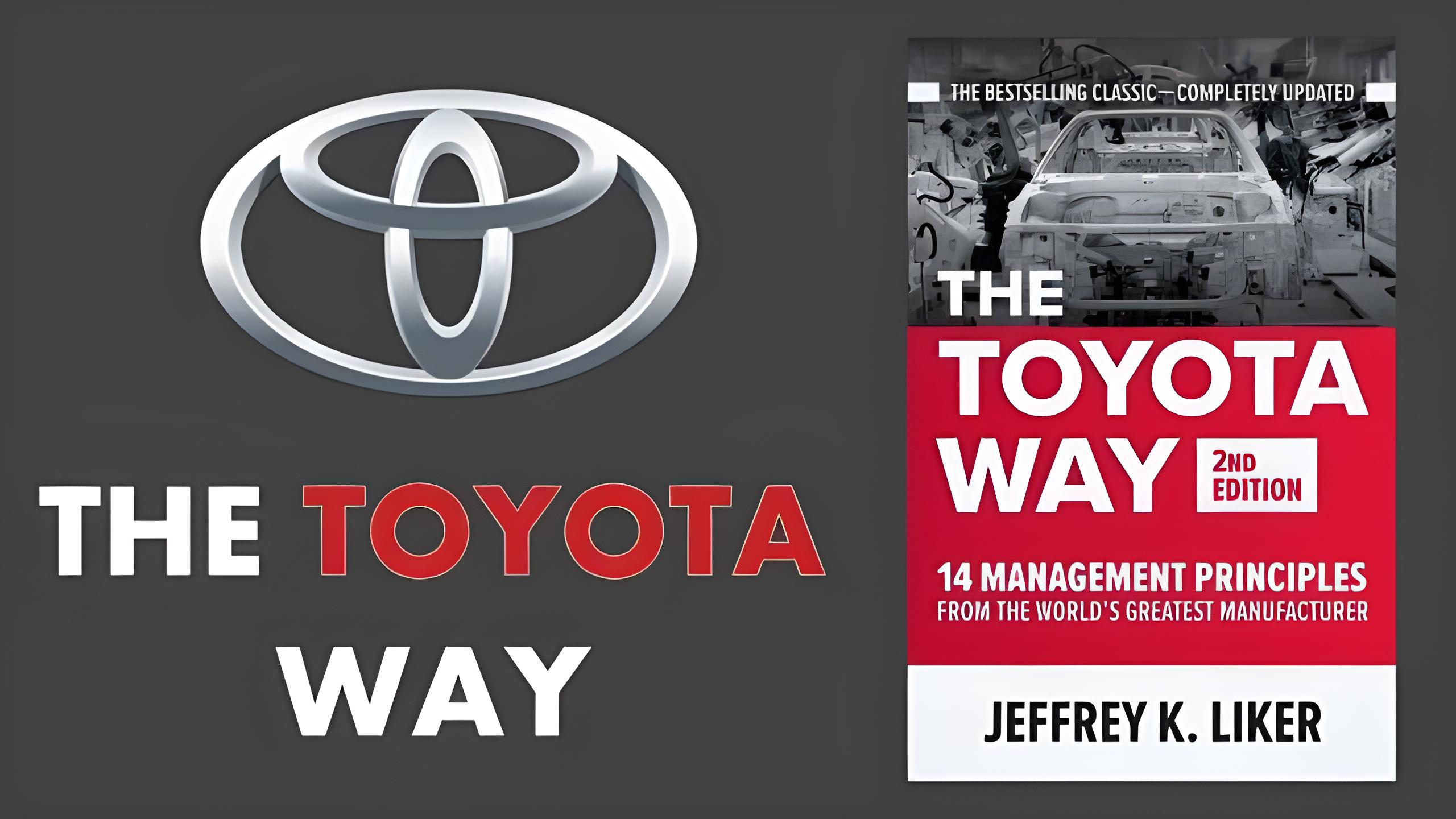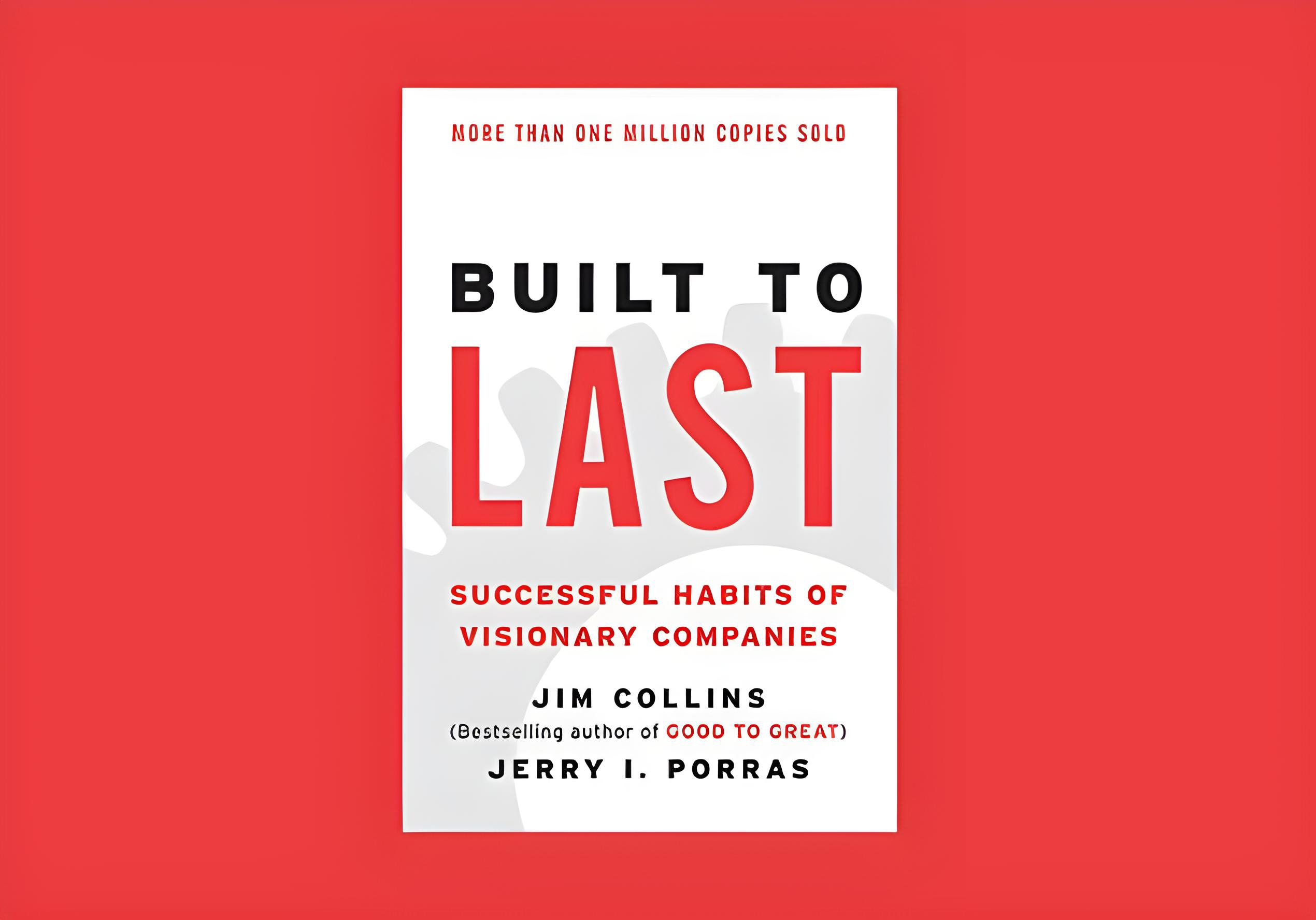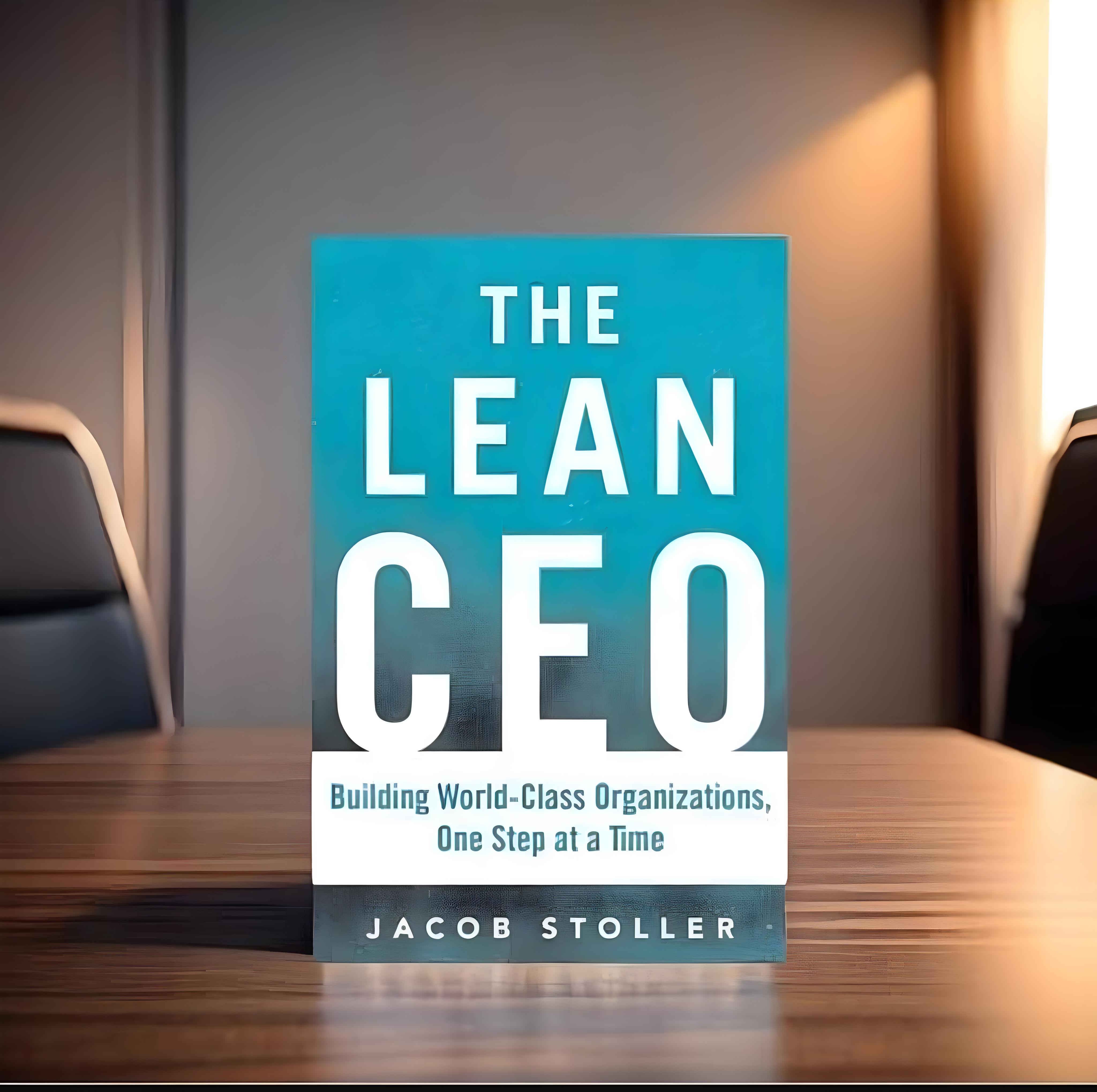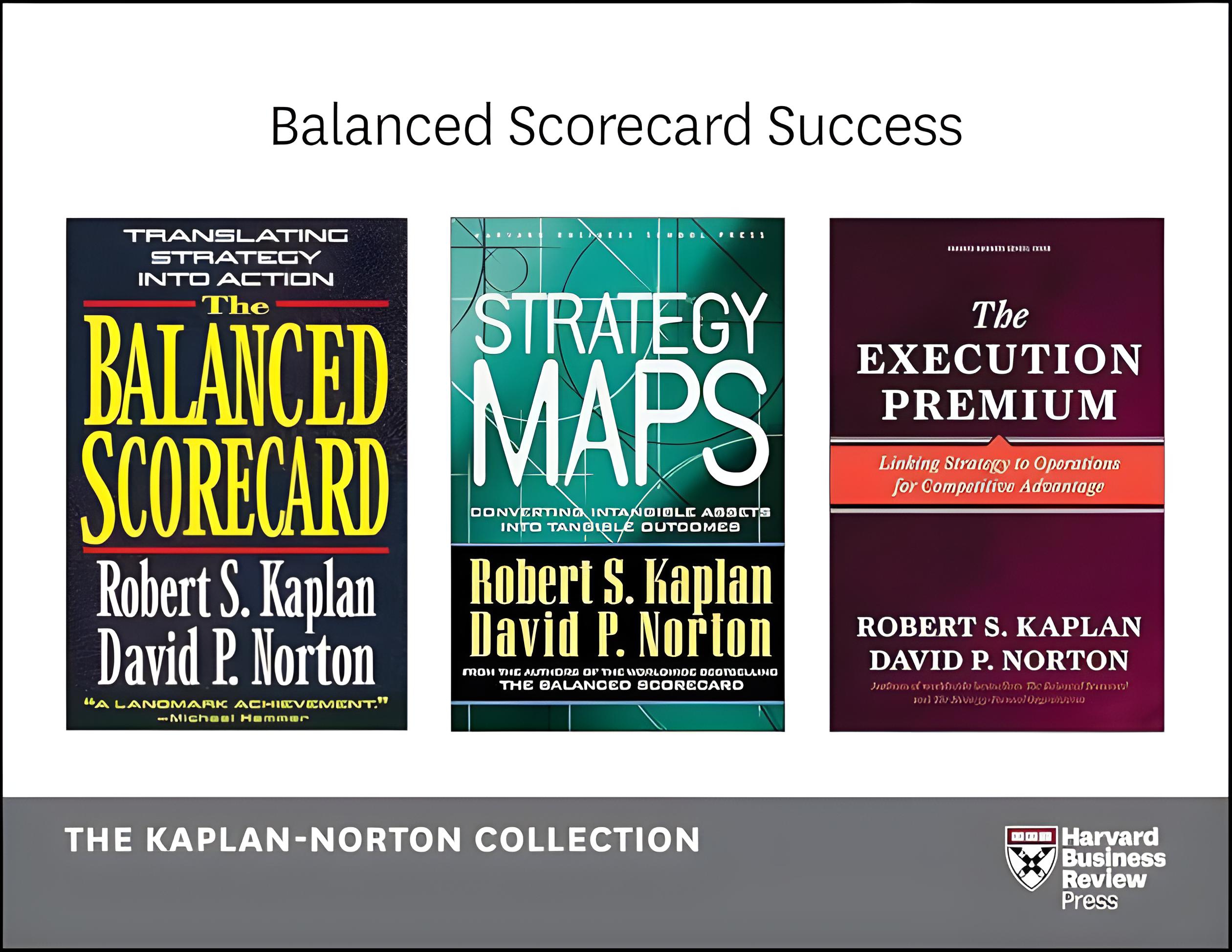Back
SHIV DIXIT
CHAIRMAN - BITEX IND... • 1y
📖 DAILY BOOK SUMMARIES 📖 🔗 DIRECT FREE E-BOOK DOWNLOAD LINK AVAILABLE — https://drive.google.com/file/d/1Z1Q5yuVJKzQU4QnGWEGm2SgGPd_9ClXM/view?usp=drivesdk 🔥 The Toyota Way 🔥 🚀 20 Lessons By 👉 ✨ by Jeffrey Liker ✨ 1. 14 Management Principles: • The book is built around 14 principles that guide Toyota’s philosophy and operations. 2. Long-Term Philosophy: • Prioritize long-term goals over short-term financial gains for sustained success. 3. Continuous Improvement (Kaizen): • Emphasizes a culture of continuous improvement in processes and problem-solving. 4. Respect for People: • Values employees and partners, fostering mutual trust and respect. 5. Challenge the Status Quo: • Constantly question existing processes and strive for innovation. 6. Go and See (Genchi Genbutsu): • Managers are encouraged to go to the source and observe firsthand before making decisions. 7. Teamwork and Collective Problem Solving: • Problems are solved collectively, leveraging diverse expertise. 8. Flow and Pull Systems: • Utilizes Just-In-Time production to reduce waste and ensure resources are only used when needed. 9. Elimination of Waste (Muda): • Focuses on identifying and removing any non-value-adding activities from the process. 10. Standardized Tasks for Efficiency: • Standardization helps maintain quality and ensures consistent outputs. 11. Stop to Fix Problems (Jidoka): • Quality is maintained by halting production to address problems when they arise. 12. Develop Leaders Who Follow the Philosophy: • Leaders must embody and promote Toyota’s values for the company culture to thrive. 13. Use Technology Wisely: • New technology is only adopted when it enhances processes and aligns with company values. 14. Respect for Extended Network: • Build relationships with suppliers and partners based on mutual benefit and long-term growth. 15. Continuous Learning and Adaptation: • Encourage employees to develop new skills and stay adaptable. 16. Decisions Based on Consensus: • Take time to consider all options and get team input before making major decisions. 17. Customer First: • Prioritize customer satisfaction and build products that meet or exceed expectations. 18. Empowerment of Employees: • Employees are given the authority and responsibility to improve their work environment and processes. 19. Hansei (Reflection): • Regular reflection on successes and failures is integral to continuous learning and improvement. 20. Sustainability and Responsibility: • Ensures that business practices are environmentally sustainable and socially responsible.

More like this
Recommendations from Medial
Pratik Rathod
Co-Founder, Director... • 8m
Innovation idea, improvement, Scalability of product or service? The innovation behind Sunraise Solar lies in its unique ecosystem approach that merges clean energy solutions with education and entrepreneurship. By offering online solar training, it
See More
Manish Kumar
•
Affnet Marketing Media Private Limited • 1y
To all Dev's who follows a proper file structure, and gives respect a naming standard. You all have my respect. You guys make it easy to read the code for upcoming freshers or new employees. In case no one appreciated you guy's, keep doing that. Peop
See MoreSuprodip Bhattacharya
Entrepreneur || Star... • 1y
What to do in this situation? 1.If you want to build a good relationship with customer and employees or team members they don’t give value,they don’t pay respect and they will never listen 2. And even if you maintain your personality don’t become wit
See MoreDownload the medial app to read full posts, comements and news.














/entrackr/media/post_attachments/wp-content/uploads/2021/08/Accel-1.jpg)


















